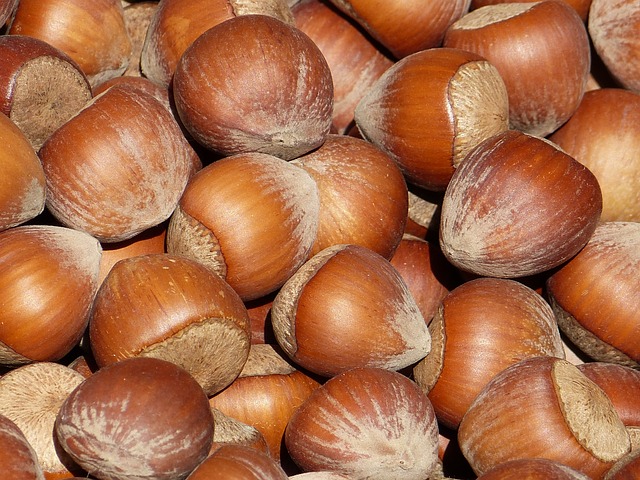
ENEA (The Italian National Agency for New Technologies, Energy and Sustainable Economic Development) has conducted a study highlighting the anticancer potential of active biomolecules contained in an extract of the traditional hazelnut from the Viterbo area, Tonda Gentile Romana (Corylus avellana L.). Published in the international journal Natural Product Research, the study results pave the way for future therapeutic and preventive developments in the fight against liver cancer.
“We have shown that our hazelnut extract can kill cancer cells in vitro, through a specific direct action that promotes the restoration of physiological conditions of liver tissue growth,” explains Barbara Benassi of ENEA’s Biotechnology Division, who conducted the research in collaboration with colleague Maria Pierdomenico.
Recent scientific evidence identifies the change in the intracellular content of two small RNA molecules as one of the keys to understanding the antitumor properties of new pharmaceutical formulations for oncology applications. “In diseased tissue,” Benassi adds, ”the intracellular level of the two microRNAs decreases compared to their healthy counterparts, causing neoplastic proliferation. Bringing the two microRNAs back to normal levels is one of the possible strategies ‘undertaken’ by the new drugs to reduce the progression of cancer disease; in parallel, keeping their intracellular integrity under control, preventing them from decreasing over an individual’s lifetime, is a possible prevention strategy toward transformation into neoplasms.”
In summary, the ENEA study showed that hazelnut extract can significantly stimulate the intracellular level of the two microRNA molecules in liver cancer cells, inhibiting their proliferation and causing their subsequent death in vitro. “The next step will be to identify more precisely the active biomolecules responsible for this cytotoxic effect against cancer cells, although a preliminary in silico, i.e., computer-based, study has identified some possible candidates. In particular, some substances derived from caffeic acid and catechins, in which hazelnut extract is rich, on which further investigations in more complex preclinical models in vitro and in vivo, need to be conducted to validate the potential efficacy of new formulations as innovative therapeutic adjuvants for the treatment of liver cancer,” Benassi concludes.






































